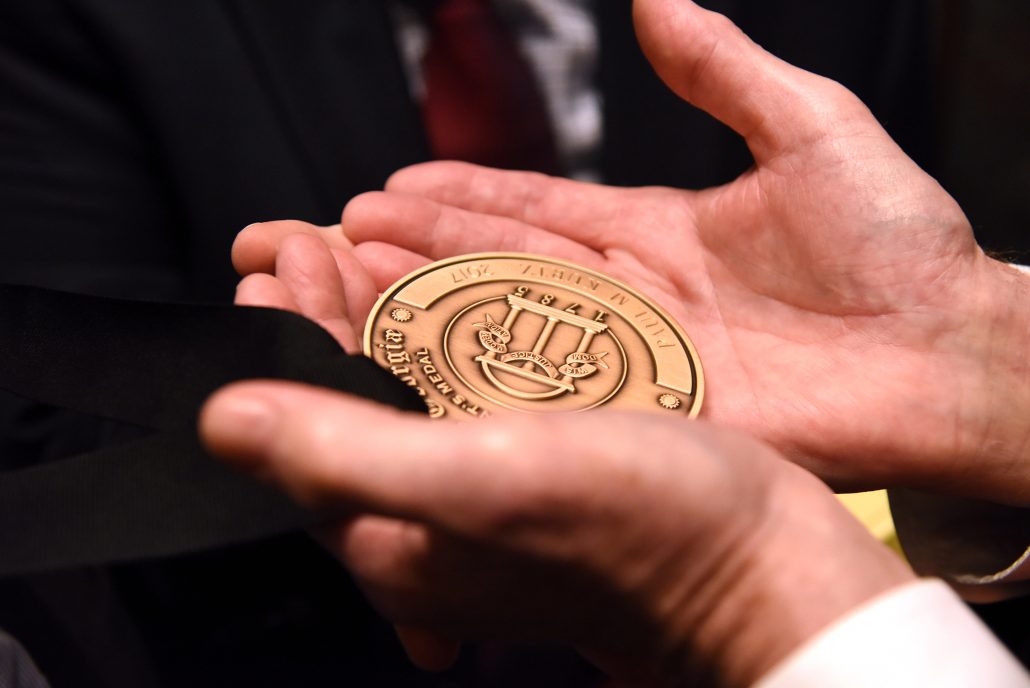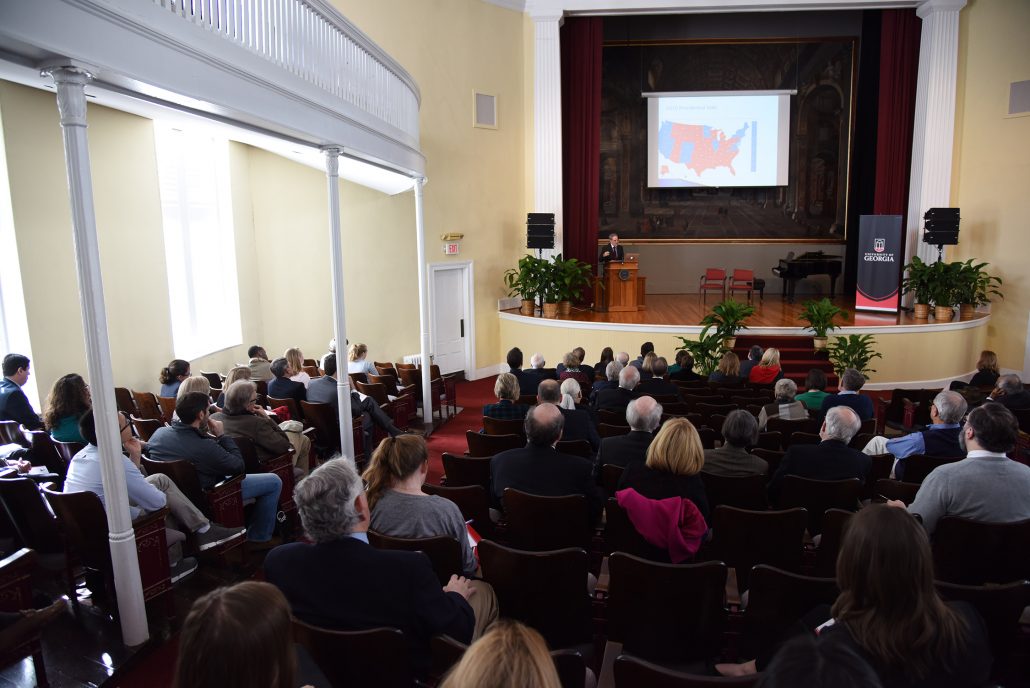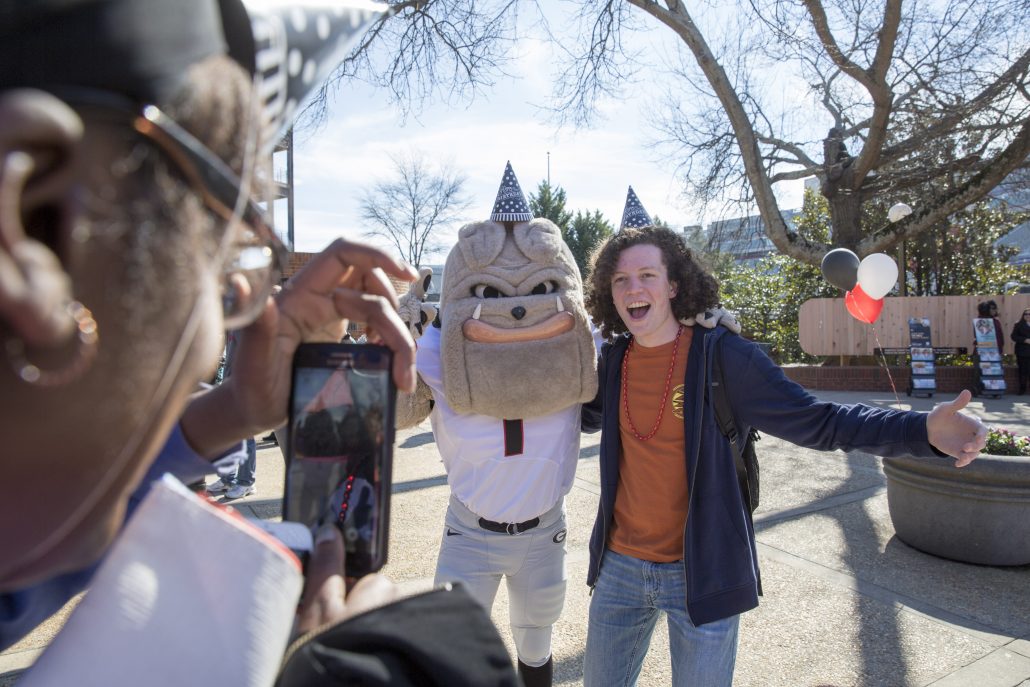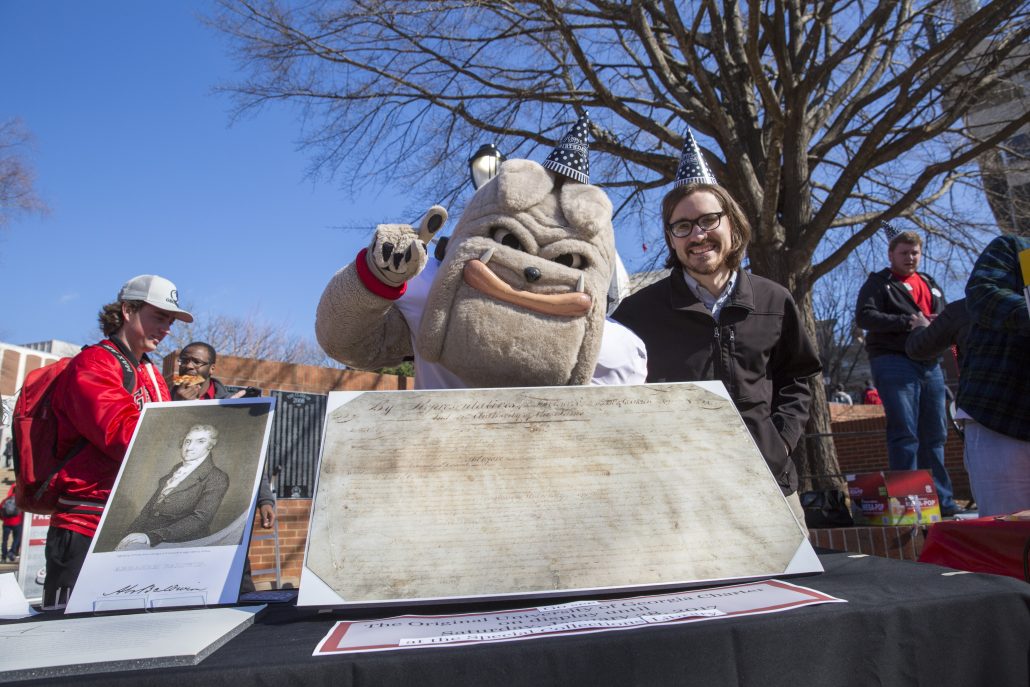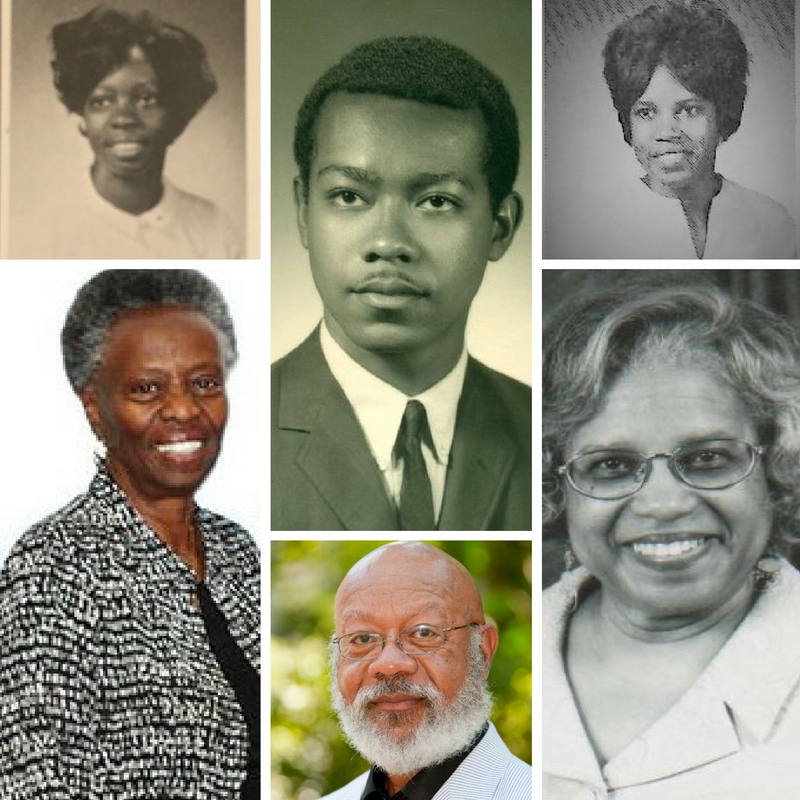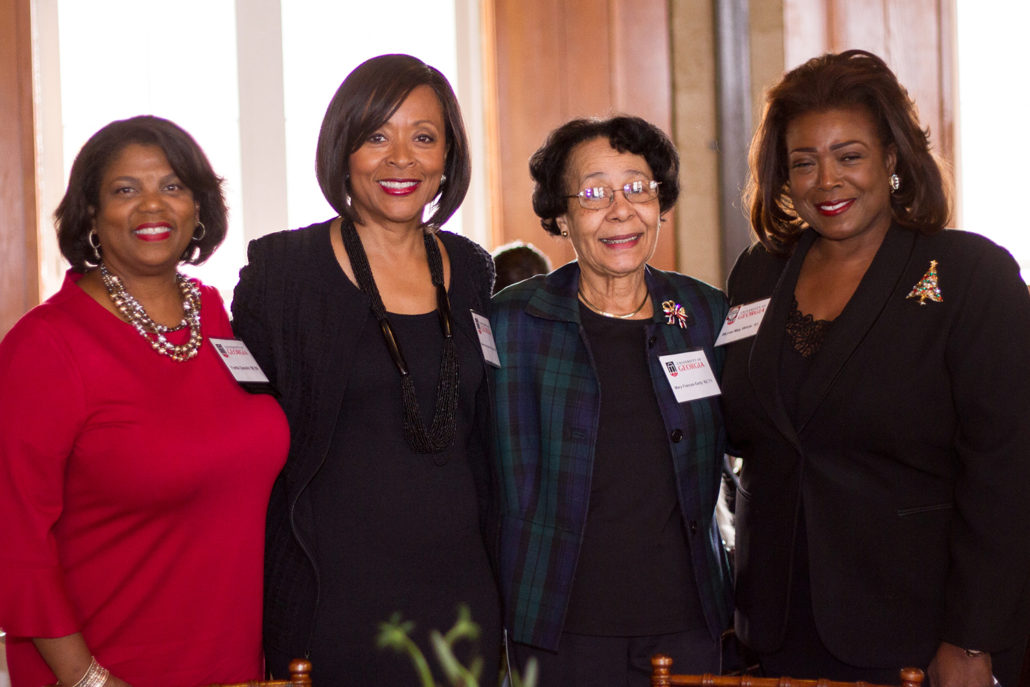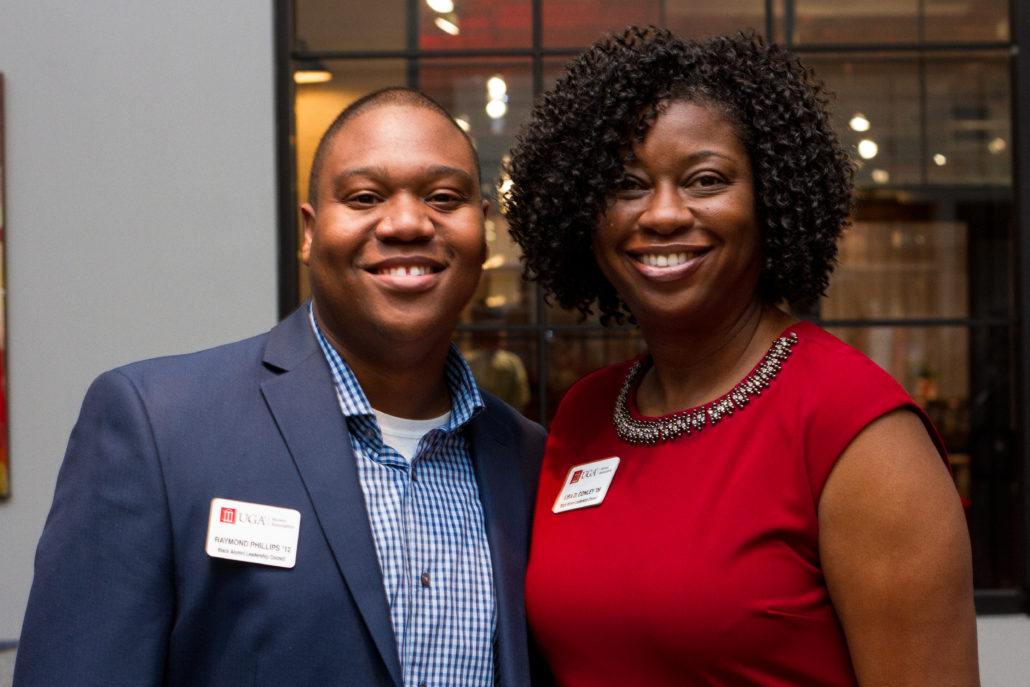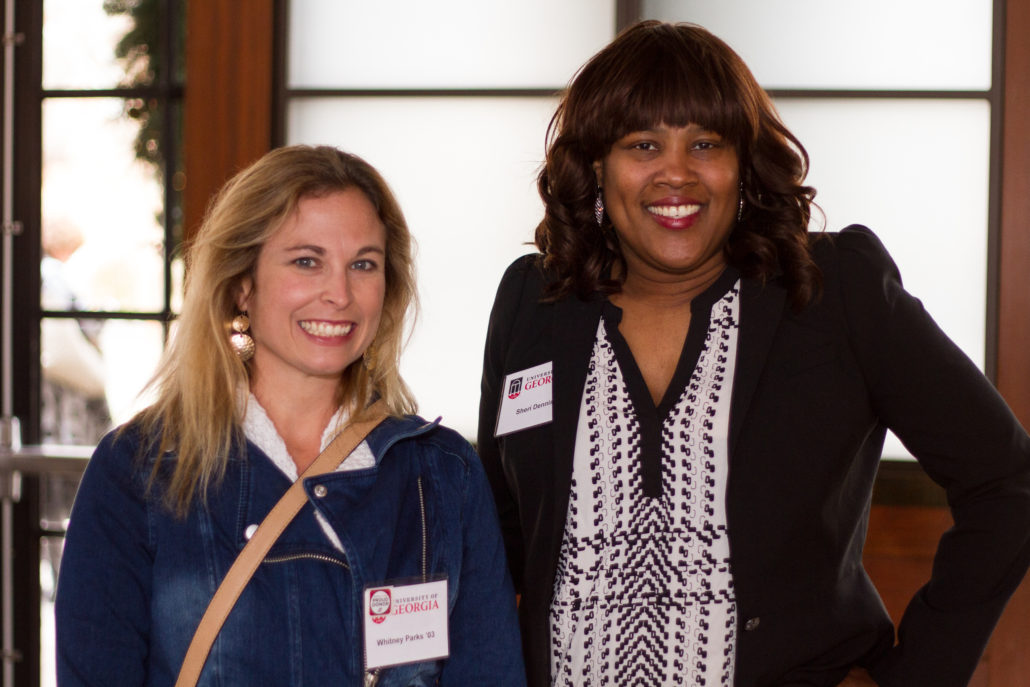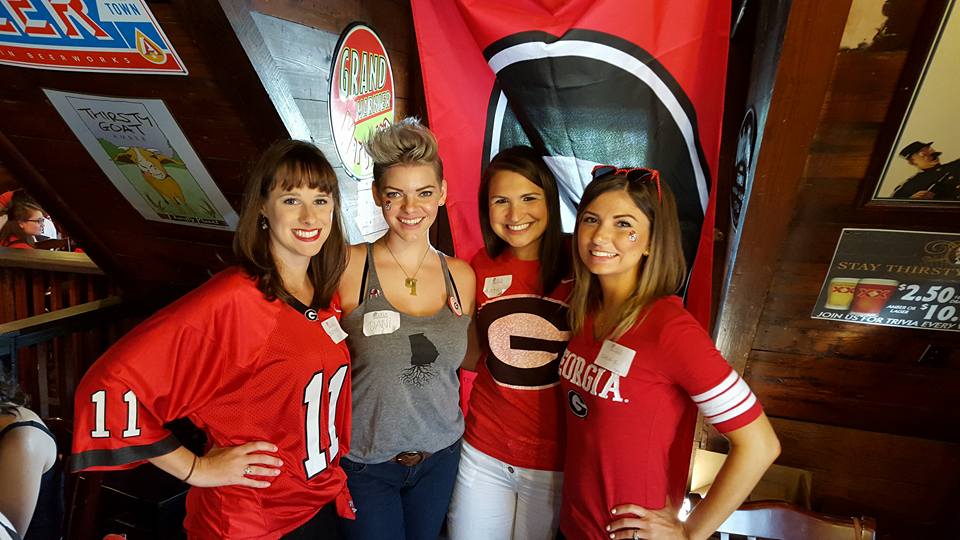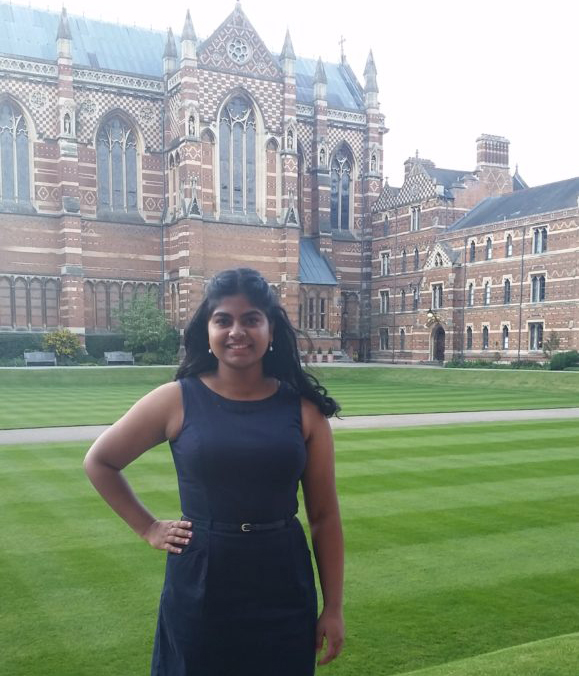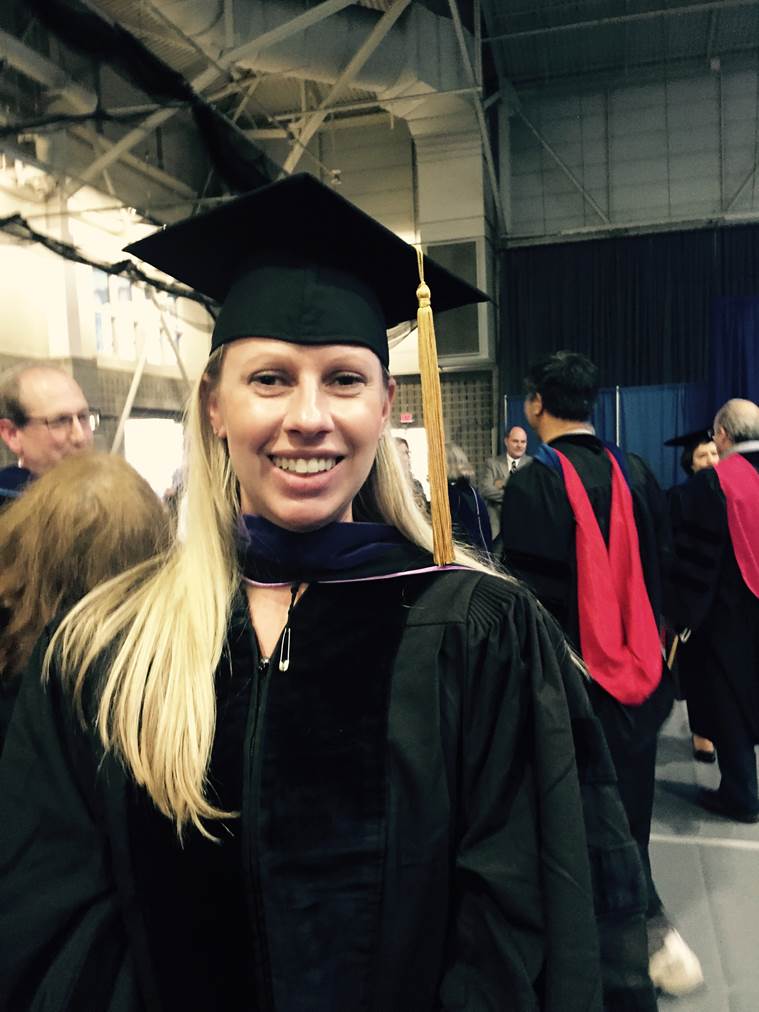The UGA alumni family has many talented chefs and in honor of the upcoming holidays, the UGA Alumni Association asked three Bulldogs – Anne Byrn (BSHE ’78), Peter Dale (ABJ ’99) and Ailsa Von Dobeneck (AB ’07) – to share one of their favorite seasonal recipes with you. If you attempt one of these recipes for your family gatherings, be sure to tweet or instagram a photo and tag @ugaalumniassoc! Happy cooking, Bulldogs!

Heirloom Squash “Bisque”
Peter Dale
Chef/Owner of The National and Condor Chocolates
*Chef’s Note: Look for heirloom squash varieties at your local farmer’s market such as hubbard, cushaw or delicata. This recipe is versatile and forgiving, feel free to use easier to find varieties like butternut, acorn, pumpkin and even sweet potatoes. Bisques typically require a bit of cream. This recipe is a faux bisque, we use coconut milk to achieve the desired richness. Saving a few calories here means we can have a second piece of pecan pie with no regrets.
Ingredients:
- 1 Heirloom Squash, (about 2.5 pounds) halved lengthwise, seeded (Leave the skin on)
- 2 tablespoons extra virgin olive oil, divided
- 1 teaspoon kosher salt
- 1 teaspoon freshly ground black pepper
- 2 teaspoons brown sugar, divided
- 1 medium yellow or white onion, chopped
- 1 teaspoon minced ginger (1/4 inch piece)
- 1 clove garlic, coarsely chopped
- 1/2 teaspoon ground cinnamon
- 1 quart of vegetable stock/broth
- 1 small can of coconut milk
- 1/2 teaspoon curry powder
- Kosher salt and freshly ground black pepper to taste
Process:
Preheat oven to 375 F. Line a baking sheet with parchment. Rub the inside of the squash with 1 tablespoon of the olive oil, salt, black pepper and 1 teaspoon of brown sugar. Place the squash, cut side down, on the baking sheet. Roast for about 50 minutes or until the squash is very soft. Remove from the oven and let cool, then scoop out the flesh.
In a large pot over medium-low heat, warm the rest of the olive oil. Add the onion, remaining brown sugar, ginger, garlic, and cinnamon. Cover and cook until the onion is softened, about 15 minutes. Add the squash and vegetable stock. Bring to a boil. Reduce the heat to medium-low, cover and simmer for 10 minutes. Remove from the heat and add the coconut milk and curry powder.
Puree the soup in a blender in small batches, then pass it through a fine mesh strainer. Add salt and pepper to taste. At the restaurant, we garnish with chopped pecans and crisp sage leaves. Toasted pumpkin seeds would make a great garnish as well, or serve as is and enjoy the smooth and rich consistency.

Granny Kellett’s Jam Cake
Anne Byrn, The Cake Mix Doctor
Recipe from American Cake, Byrn’s new book
Makes: 12 to 16 servings
Prep: 45 to 50 minutes
Bake: 38 to 42 minutes
Cake Ingredients
- Flour and butter for greasing the pans
- 1 cup finely chopped pecans, walnuts, or black walnuts (see Cake Notes on page 54)
- 1 cup (2 sticks) unsalted butter, at room temperature
- 2 cups granulated sugar
- 4 large eggs, at room temperature
- 1 cup blackberry jam (see note below)
- 2 1⁄4 cups all-purpose flour
- 1 teaspoon ground cinnamon
- 1 teaspoon ground nutmeg
- 1 teaspoon ground allspice
- 1 teaspoon ground ginger
- 1⁄2 teaspoon salt
- 1 teaspoon baking soda
- 1 cup buttermilk
- 1 cup raisins
Caramel Frosting Ingredients
- 1⁄2 cup (1 stick) unsalted butter
- 1 1⁄2 cups light brown sugar, firmly packed
- 1⁄3 cup heavy cream
- 1 teaspoon vanilla extract
- Pinch of salt
- 1 1⁄2 cups confectioners’ sugar, sifted
Process
For the cake, place a rack in the center of the oven, and preheat the oven to 350°F. Grease two 9″ round cake pans with vegetable shortening or soft butter and dust with flour. Shake out the excess flour, and set the pans aside.
While the oven preheats, place the nuts on a baking sheet in the oven, and let the nuts toast until just beginning to brown, 4 to 5 minutes. Remove the pan from the oven, and let the nuts cool.
Place the butter and sugar in a large mixing bowl, and beat with an electric mixer on high speed until creamy, 3 minutes. Turn off the mixer, and scrape down the sides of the bowl with a rubber spatula. Add the eggs, one at a time, beating well on medium speed until each egg is combined. Add the jam, and blend on low until combined. Scrape down the sides of the bowl.
Remove 1 tablespoon of the flour and set aside. In a separate medium-sized bowl, sift together the remaining flour, cinnamon, nutmeg, allspice, ginger, and salt. Set aside. In a small bowl, stir the baking soda into the buttermilk until dissolved. Add a third of the flour mixture to the egg batter, and blend on low until just incorporated. Pour in half of the buttermilk, and blend until incorporated. Repeat with the second third of the flour, the rest of the buttermilk, and the last of the flour mixture. Place the toasted nuts, raisins, and the remaining 1 tablespoon flour in a large bowl and toss to coat the nuts and raisins with flour. Fold these into the batter with the rubber spatula. Divide the batter between the prepared pans and smooth the tops. Place the pans in the oven.
Bake the cakes until they just begin to pull back from the edges of the pan and the top springs back when lightly pressed, 38 to 42 minutes. Remove the pans to wire racks to cool for 10 minutes. Run a knife around the edges, give the pans a gentle shake, and invert the layers once and then again so they cool right side up on the racks. Let cool completely, 30 to 40 minutes, before frosting.
For the frosting, place the butter, brown sugar, cream, vanilla, and salt in a medium-size saucepan over medium heat, and cook, stirring, until the mixture boils, about 2 minutes. Remove the pan from the heat and whisk in the confectioners’ sugar until smooth. Use at once.
To assemble the cake, place 1 cake layer on a cake stand or serving plate. Spoon about a third of the warm caramel frosting over the top, and spread to smooth out. Place the second layer on top, and spoon the remaining frosting over the top and let it trickle down the sides of the cake. Let the cake rest for at least 20 minutes, then slice and serve.
CAKE NOTES: Use whatever blackberry jam you have on hand. If you are buying the jam, look for a 10-ounce jar. If you don’t like blackberry seeds, buy seedless jam. You can substitute black raspberry, strawberry, or plum jam in this cake. Instead of toasted pecans, you can use un-toasted black walnuts.

President Zachary Taylor’s Louisiana Pecan Pie
Ailsa Von Dobeneck
Former MasterChef contestant
A former MasterChef contestant, I now live in Washington, DC and have dedicated myself to time travel at the Library of Congress, in search of America’s long lost foodie favorites. Thanksgiving, which was made official by Lincoln during the Civil War, has an endless supply of historical recipes. Now for your required dose of history: We all know Thanksgiving had been celebrated prior to 1863. The Thanksgiving we all think of was in 1621. The Pilgrims in Plymouth Colony invited the Wampanoag tribe for a three day feast of wild turkeys, duck, venison, lobsters, and a host of other local fare. Later, George Washington made November 26 a day of thanks, but Jefferson and John Quincy Adams broke the tradition, saying it was a violation of church and state. From that time until Lincoln’s proclamation, Thanksgiving was up to each governor and most were celebrated in October and November after the harvest.
Sarah Josepha Buell Hale, Editor of Godey’s Lady’s Book, a leading ladies magazine of the mid-19th century, is the true mother of our modern Thanksgiving. Her persistent lobbying of Lincoln to make the day official paid off and here we are. Now when it comes to the menu, turkey has been a constant but the sweets and sides were ever-changing. Pecan pie is a personal favorite and President Zachary Taylor’s recipe is the easiest and cheapest recipe I have ever used for this unbeatable Southern classic. These would be great to make for a New Year’s party- just pour into the individual pre-made pie shells and serve with fresh whipped cream.
Ingredients
- 3 eggs, lightly beaten
- 2 cups brown sugar
- ¼ cup melted butter
- 1 tsp vanilla
- ½ tsp salt
- ½ cup chopped pecans
- ½ cup regular pecans
- One pie shell – standard shortcut pastry or pre-made (no shame in that)
Process
Preheat the oven to 350F. Add the brown sugar slowly to the eggs, mixing all the while. Add the butter. Mix. Add salt and vanilla. Pour half of the mixture on the bottom of the pie shell. Add a layer of chopped pecans. Add the rest of the mixture. Top with the regular pecans. Bake for 35 minutes then reduce heat to 225F for an additional 15 minutes.
For more of Ailsa’s historical Thanksgiving recipes, visit her blog.
